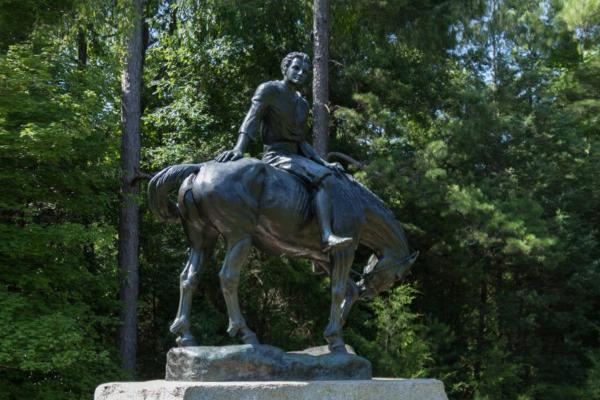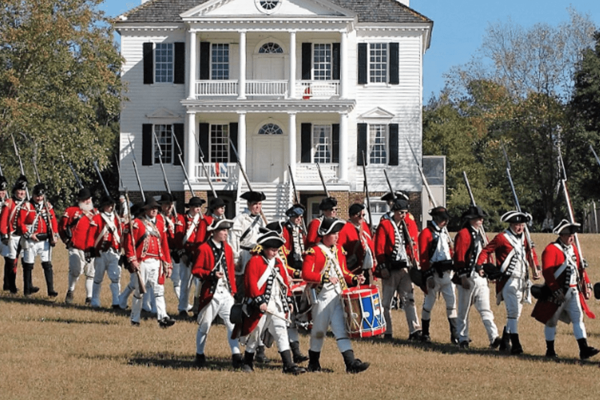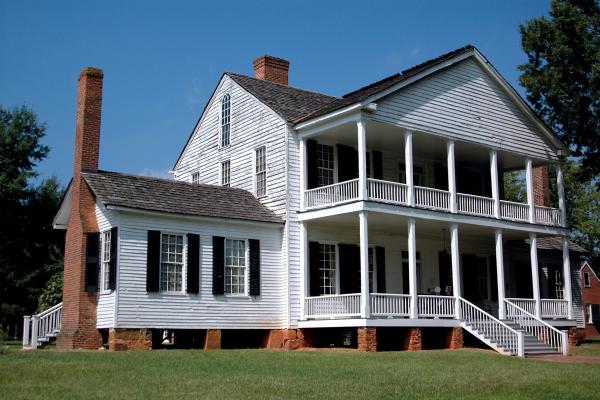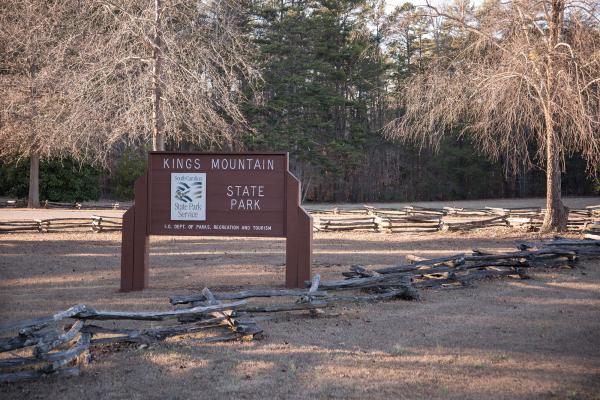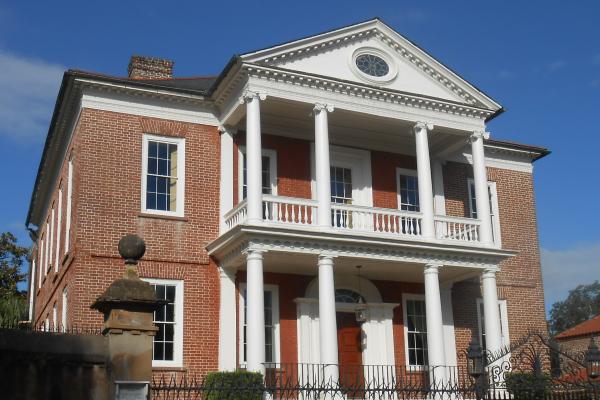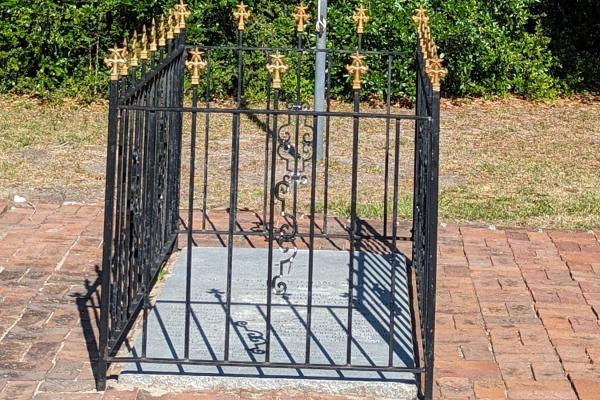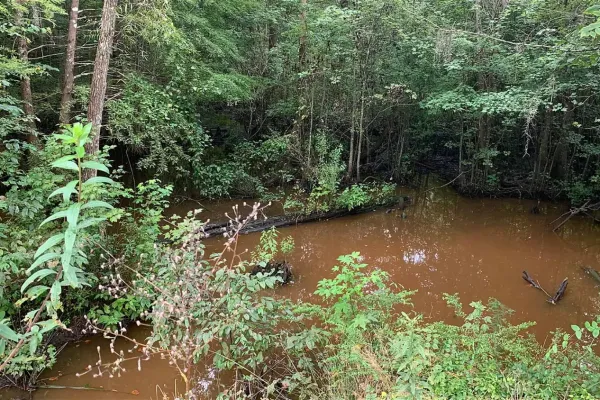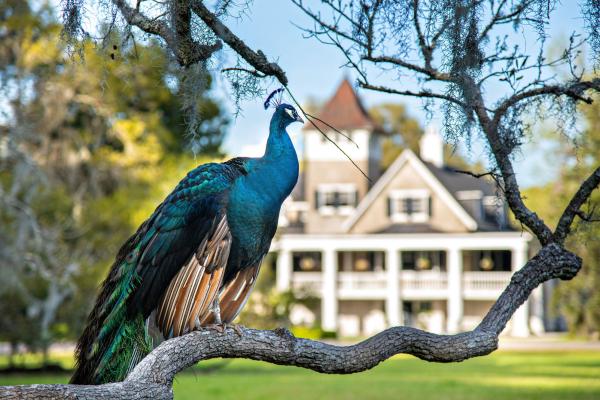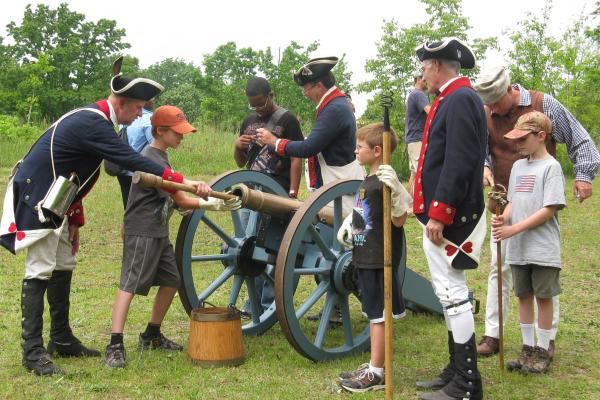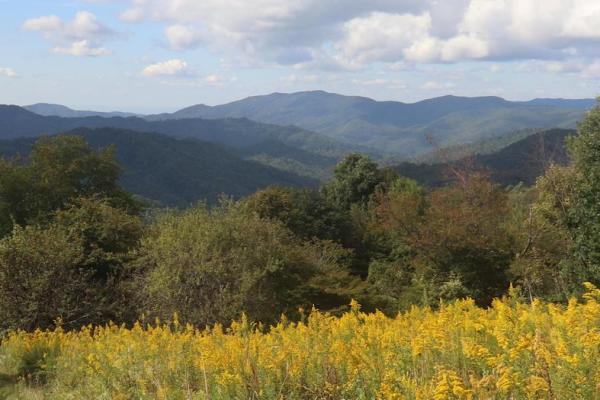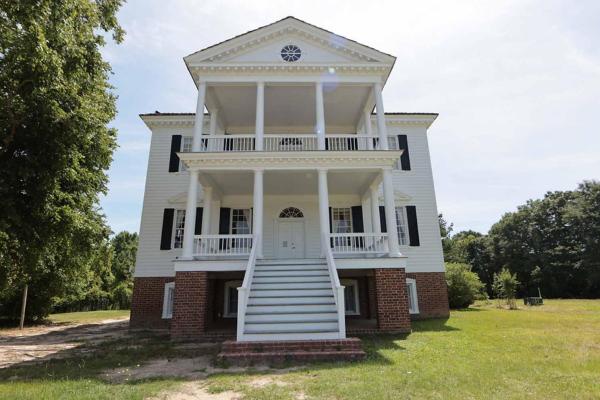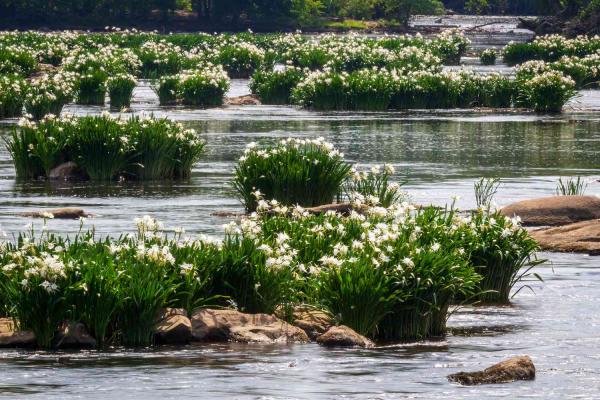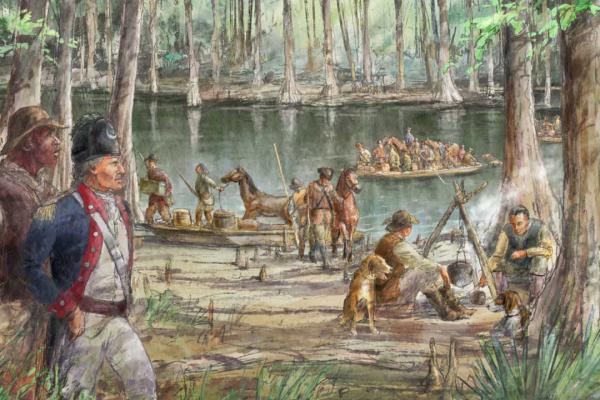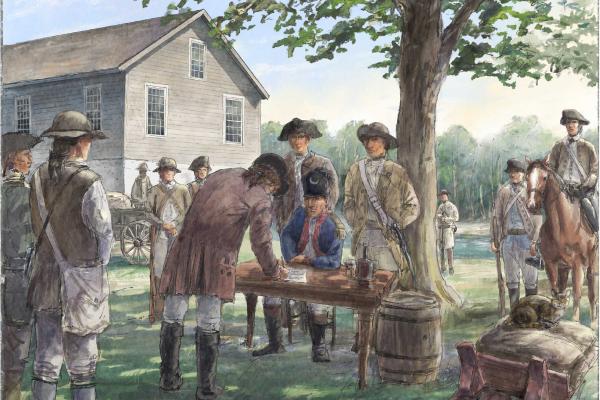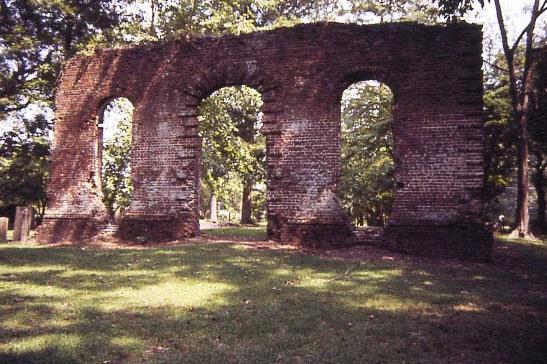Programs and Guided Tours: Living history programs, including the Life of the Waxhaws Lantern Tour and the Andrew Jackson Birthday Celebration, are scheduled throughout the year. Please check our...
Offering visitors the opportunity to engage in history through demonstrations like blacksmithing or brickmaking, hearing our farm manager discuss 18th century agriculture, or touring our historic...
Exploring The Gullah Culture “Exploring The Gullah Culture” is a unique presentation where that difference can be experienced firsthand. Boone Hall is the only plantation in the Charleston area to...
Learn how people farmed the land, cooked their food, and entertained themselves in the 18th and 19th centuries through interpreters in period clothing. These historical activities and others are...
Visit the Living History Farm, a replica of a mid-19th century Yeoman Farm. The farm has a house, barn, cotton gin, farm animals, blacksmith and weave shop as well as a garden.
Mt Pleasant, SC

